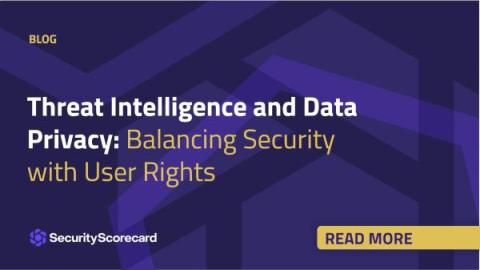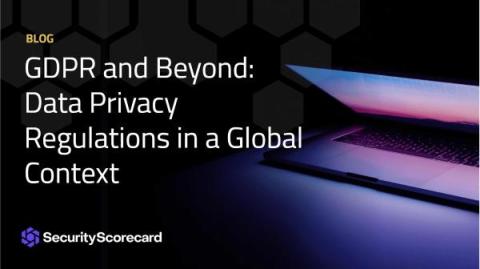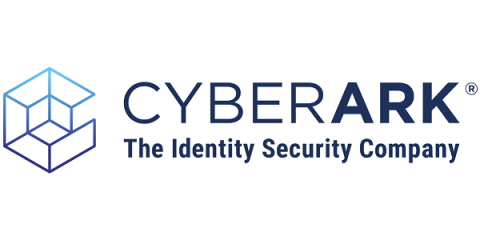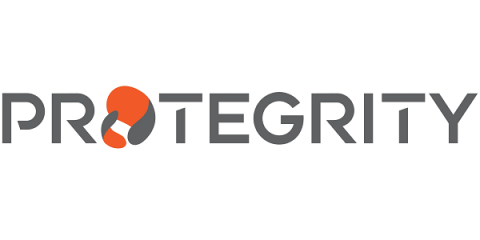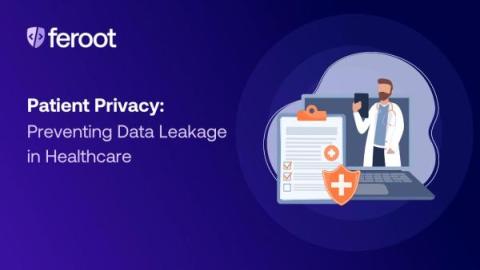Threat Intelligence and Data Privacy: Balancing Security with User Rights
In today’s digital age, cybersecurity is an ever-present concern for businesses and individuals alike. The use of threat intelligence has become a cornerstone in the fight against cyber threats, offering invaluable insights for preventing attacks. However, this comes with its own set of challenges, particularly in terms of maintaining data privacy standards. This guide explores the delicate balance between leveraging threat intelligence for security and upholding user data privacy rights.


